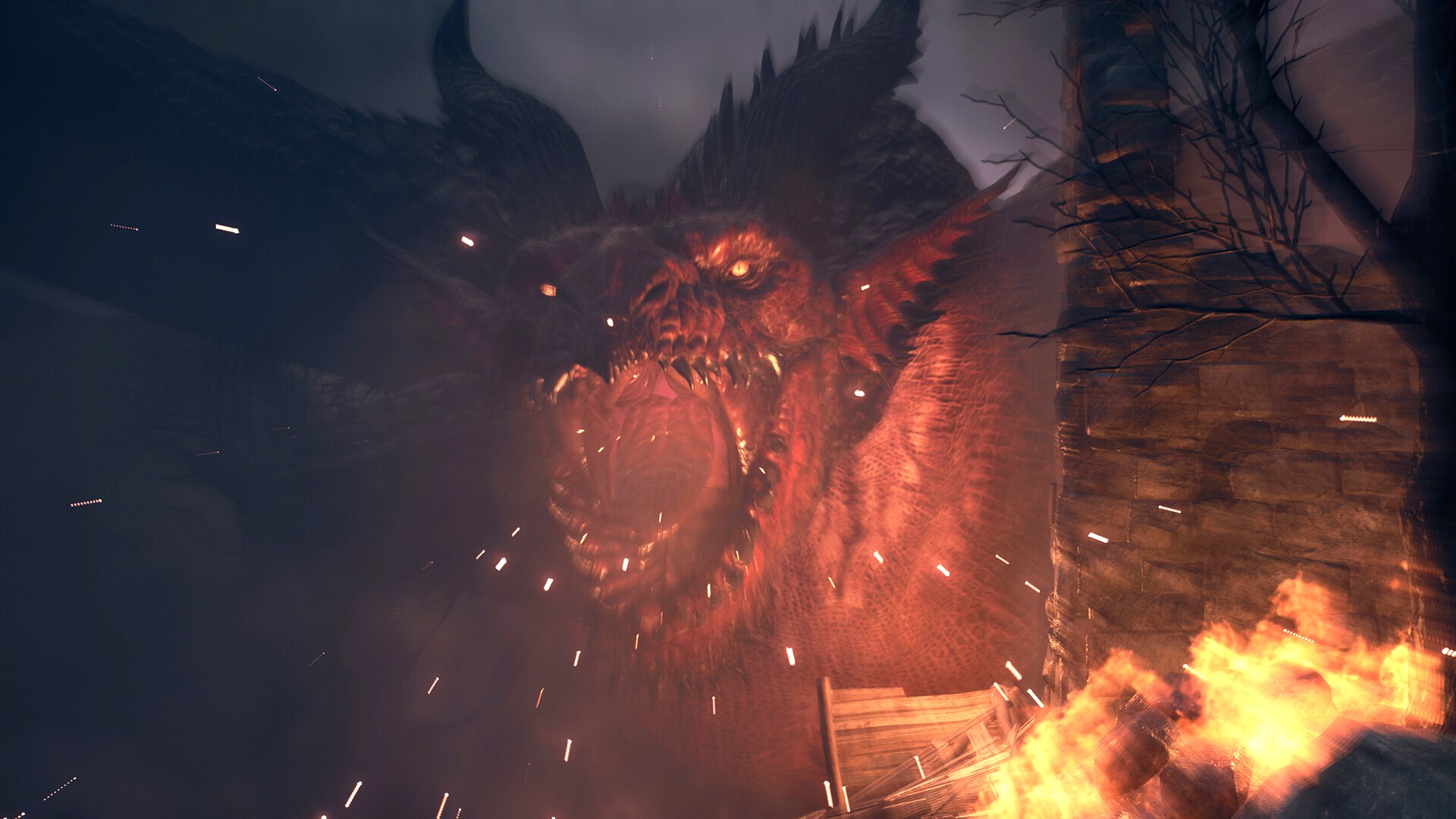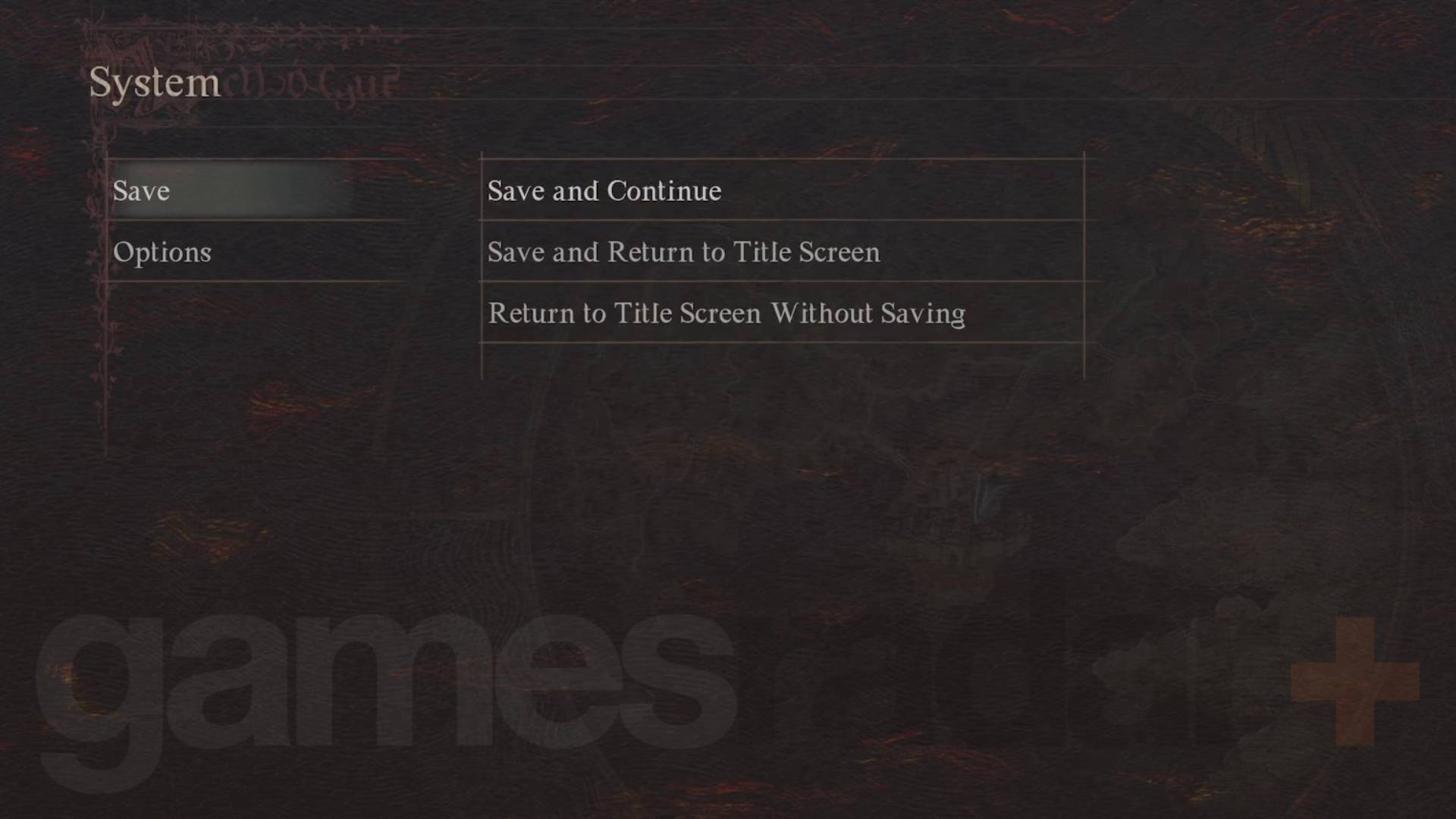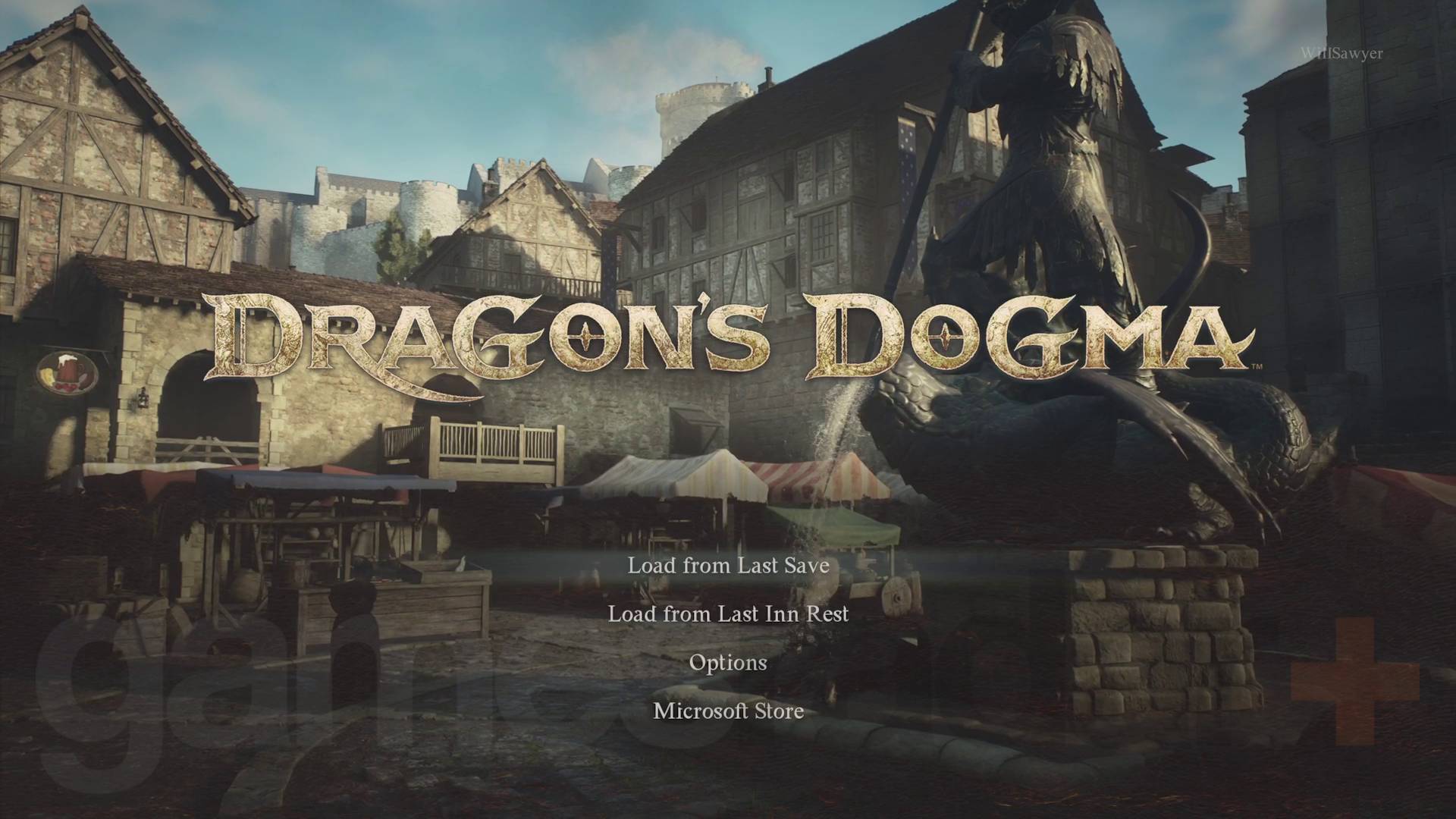How to save in Dragon's Dogma 2
You get one save slot and minimal save-scrubbing in Dragon's Dogma 2

To save the game in Dragon's Dogma 2 is something you do via Inns and homes you've bought, though you can also do another version of it through the pause menu. Saving the gaming in Dragon's Dogma 2 is a little confusing because there's effectively two versions of it - standard saves and "Inn saves", which means you can reload either the last normal save/autosave, or go back to the last time you actually slept in a bed. They've both got their limitations that you definitely need to be aware of, otherwise you could lose potentially several hours of progress in DD2.
Dragon's Dogma 2 saving explained

In Dragon's Dogma 2, you get just one save file and it's constantly being overwritten with saves of different types. If you want to start a new game, there are no options for that either and you'll need to delete your Dragon's Dogma 2 save to do so. Autosaves happen periodically, showing a glowing red ring in the top-right corner of your screen whenever your progress is being saved. This usually happens when completing quests and objectives and while resting at a campfire, as well as when you're out exploring.
Manual saves are functionally the same but obviously you can do them yourself via the game's System menu. Pause the game, navigate down to System, and you'll be presented with a few self-explanatory manual save options – 'Save and Continue', 'Save and Return to Title Screen', and 'Return to Title Screen Without Saving'. The autosave system is pretty reliable but doing your own manual save every once in a while can be useful. Returning to the title screen without saving can also come in handy if you've made some sort of mistake or something bad has happened and you want to reload before an autosave kicks in. My Pawn fell off a cliff into some water and got permanently killed by the Brine, so I had to quickly quit to the title screen and then reload my last save to get her back.
The last type of save is Inn Rests. These activate whenever you pay to rest at an inn and are functionally the same as the previous two types. However, Inn Rests are treated somewhat separately as they aren't overwritten by autosaves and manual saves, and are only overwritten by other Inn Rests. That means you can have one regular save and one Inn Rest to reload to at a time while playing Dragon's Dogma 2.
How to reload your save in Dragon's Dogma 2

When you're on the game's main menu or when you die, you have the option to either 'Load from Last Save' or 'Load from Last Inn Rest'. Loading from your last save returns you to your most recent save, whether you activated a manual save or an autosave occurred. This includes resting at an inn too. However, loading your last Inn Rest returns you to the morning after the most recent time you rested at an inn.
Because of the way the saving system works in Dragon's Dogma 2 as explained above, you can't save scrub to any save point on your Arisen's journey as it's being constantly overwritten by those saves. You essentially have two slots to draw from – your last save and last Inn Rest – and you should think about these carefully if you're considering reloading.
If you don’t rest at inns frequently and then load to your last Inn Rest, you could lose loads of progress. Crucially, whenever you do this, your last save is overwritten again and you cannot return to any of your previous saves, so once you've done it, you've got to stick with it.
© GamesRadar+. Not to be reproduced without permission.
Weekly digests, tales from the communities you love, and more

Will Sawyer is a guides writer at GamesRadar+ who works with the rest of the guides team to give readers great information and advice on the best items, how to complete a particular challenge, or where to go in some of the biggest video games. Will joined the GameRadar+ team in August 2021 and has written about service titles, including Fortnite, Destiny 2, and Warzone, as well as some of the biggest releases like Halo Infinite, Elden Ring, and God of War Ragnarok.


